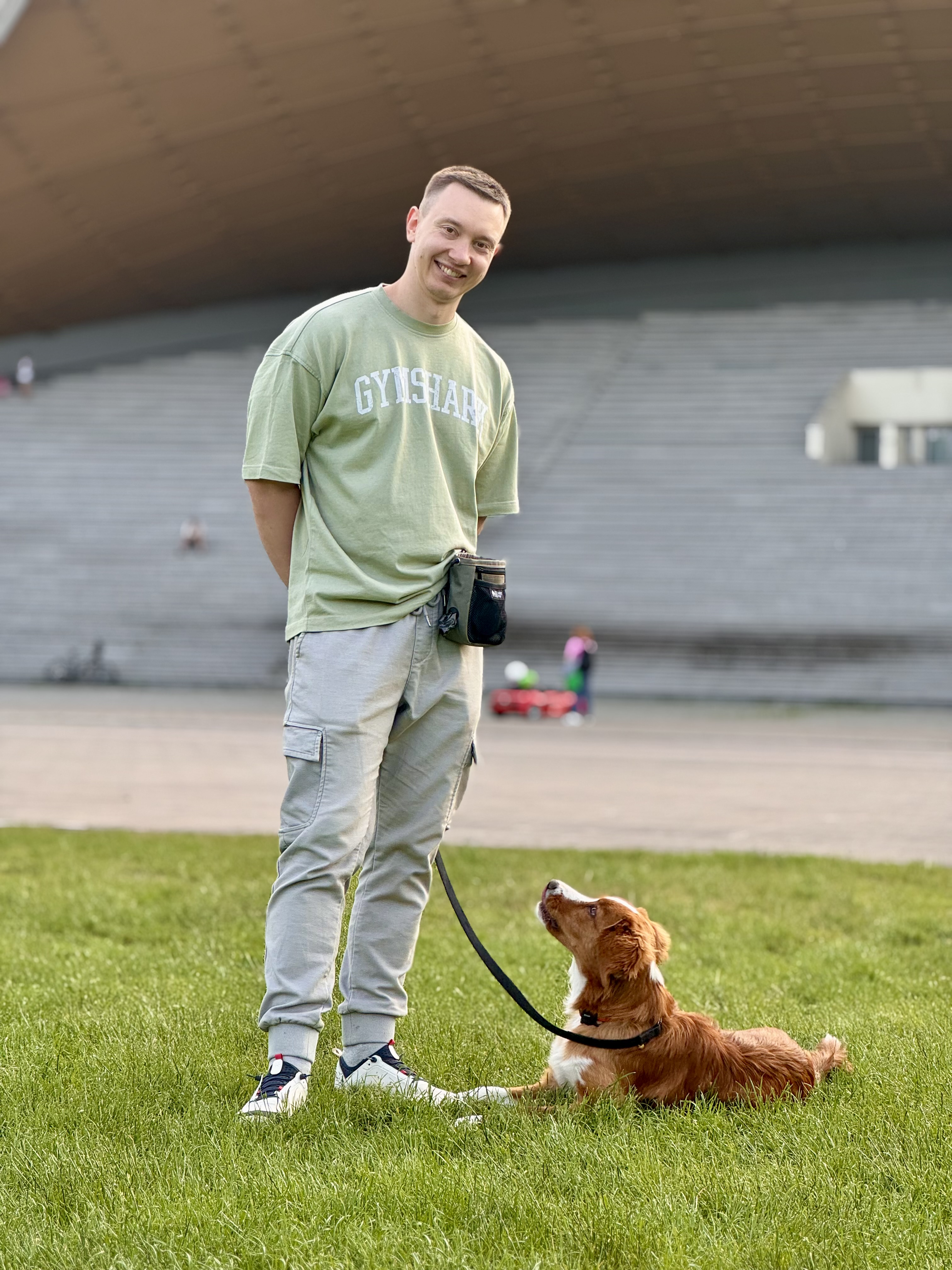My One-Man SEO Agency Makes $11K/Month
Who are you and what business did you start?
I’m Benas Leonavicius, a Lithuanian-born SEO specialist and the founder of a lean, solo-first agency at TalkThrive.
I specialise in helping keynote speakers turn their websites into steady, organic traffic machines to generate more speaking gigs for them.
What makes my business different is how intentionally small and relational it is: I cap myself at a handful of clients, obsess over long-term wins, and let carefully documented case studies (plus a good “vibe” on calls) do most of the selling.
The majority of my clients come from referrals, since keynote speakers are very well contented with one another, my results are quickly shared amongst them.
Today I bring in around $11K in monthly retainers (roughly $130k/year) with 90%+ profit margins.

Benas Leonavicius









